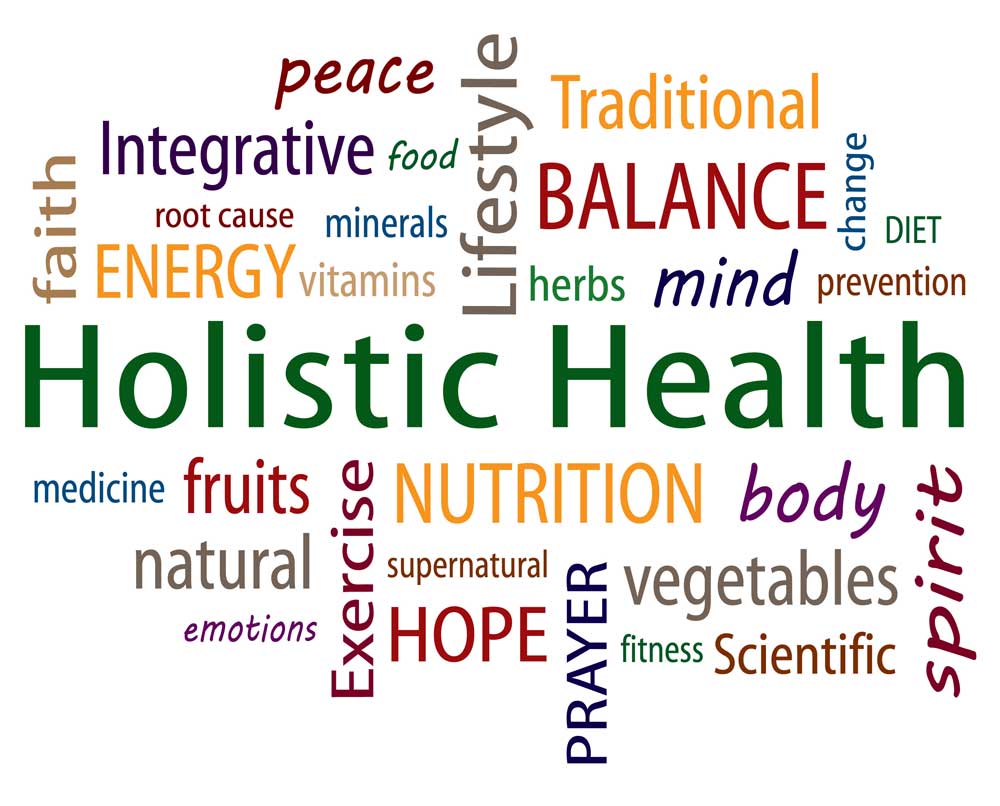
“Self-care = Positive Self-esteem = Physical Wellness in balance”
“Physical well-being is the direct result of lifestyle choices and our behavior around physical activity, hygiene, sleep, and having a positive mental attitude.”

Dr. Sixto
Physical Wellness is more than just exercise!
Physical Wellness encompasses much more than just exercise. Regular physical activity is certainly a component of Physical Wellness as it helps with overall strength, stamina, and endurance, yet it does not stand alone. Other aspects at play that help maintain the discipline (Pillar) of Physical Wellness in balance are maintaining a healthy hygienic routine and embracing the best sleep habits possible. Physical well-being is the direct result of lifestyle choices and our behavior around physical activity, hygiene, sleep, and having a positive mental attitude.
When it comes to hygiene, establishing proper habits will make one feel healthier and more confident about how we present ourselves to the world. Bathing regularly, trimming and cleaning underneath our nails, and washing our hands are all important when it comes to effectively balancing the Physical discipline of Holistic Wellness. It is essential to establish a skin maintenance program, (see issimousa.com, my sister venture where I have developed organically driven products for better skin since 1999). Clean hair, face, and body improve self-image and establish a sense of well-being in the care of the largest organ on the body: your skin. Comb and brush your hair. Brush your teeth twice a day, every day, for two minutes each brushing, a quick brushing isn’t doing your teeth any favors, two minutes, please. Self-care = Positive Self-esteem = Physical Wellness in balance.
Get your sleep on. The National Sleep Foundation recommends that adults ages 18 to 64 get between seven and nine hours of sleep per night and that adults over 65 get seven to eight hours per night. You can help yourself get a better night’s sleep by turning off your devices 30 minutes before bedtime and using blackout curtains and white-noise machines to block light and sound as you try to fall asleep. When we sleep we rejuvenate our body, and free it of toxins, without it, we may lack alertness and focus. Our quality of life suffers as we may become less likely to participate in normal daily activities as we may just feel “a gloom” to get anything started.
The benefits of sweat and toil? People who exercise regularly tend to do so because it gives them an enormous sense of well-being. They feel more energetic throughout the day, sleep better at night, have sharper memories, and feel more relaxed and positive about themselves and their lives. And it’s also powerful medicine for many common mental health challenges.
Regular exercise can have a profoundly positive impact on mental health concerns such as depression, anxiety, and ADHD. It relieves stress, improves memory, helps you sleep better, and boosts your overall mood. And you don’t have to be a fitness fanatic to reap the benefits. Research indicates that modest amounts of exercise can make a real difference, it is establishing the habit that can become the bigger obstacle. No matter your age or fitness level, you can learn to use exercise as a powerful tool to deal with gloomy moods, improve your energy levels and outlook, and get more out of life.
- Interesting fact: according to an article in Psychology Today, “How to outsmart your brain,” August 2021, “vigorous and sustained exercise inhibits the activity of the prefrontal cortex, the brain’s taskmaster and critic – allowing more creative and original ideas to emerge.” Seems physical activity can even stimulate “free thinking.” In this state, our thinking is not influenced by “what we may already know,” or by what already resides in our memory.
Physical activity, like any of the other disciplines within Holistic Health, requires discipline to establish the habit of “physical” well-being. The brain operates on habits, it is rigid in this way and I must agree that physical exercise can be challenging mostly because we don’t know how to be active or how to feel good when we sweat. We find exercise time-consuming and boring. Perhaps if you started or were regularly physically active as an adolescent it is much easier to stay on a physical activity program as it is with any habit learned early on in life. In adulthood, however, we need to work harder on our intentions to establish new habits, in this case, habits such as going to the gym, fast walking, running, bicycling, rollerblading, or participating in an activity that breaks a “sweat” or warms up the body (dance, dance, dance) and increases energy to assure they become part of our daily routine. When attitudes change, habits change.
Exercise changes moods, and ultimately leaves a feeling of good! Exercise by most is viewed as a daunting task, exercise takes effort. The American population is in dire connection to physical exercise. The National Center for Health Statistics states that the percentage of adults aged 18 and over who met the Physical Activity Guidelines for aerobic physical activity: 53.3%, while the percentage of adults aged 18 and over who met the Physical Activity Guidelines for both aerobic and muscle-strengthening activity: 23.2%. If we can bridge the lack of exercise gap we may have a population that is not just physically healthy but also one with healthier mental attitudes. Studies show that exercise can treat mild to moderate depression as effectively as antidepressant medication— this is partly due to the hormones that are released into the body during strenuous exercise: endorphins.1
Endorphins are powerful chemicals in your brain that energize your spirits and make you feel good and boost levels of the all-important Vitamin D. A recent study done by the Harvard T.H. Chan School of Public Health found that running for 15 minutes a day or walking for an hour reduces the risk of major depression by 26%, and maintaining the habit can prevent relapses. Due to the release of endorphins, exercise relieves tension and stress and therefore anxiety and distractions. Mindful exercising will not only help to improve your physical condition faster, but you may also be able to interrupt the flow of constant thoughts running through your head. Get grounded!
With all talk as of late on ADHD, exercising regularly (in addition to less screen time, more on that in another article), may be a great way to improve concentration, motivation, memory, and mood. Again the hormones: Exercise boosts the brain’s dopamine, norepinephrine, and serotonin levels—all of which affect focus and attention. Through regular physical activity, we welcome a boost to our mood, outlook, mental well-being, and self-esteem. Make note that the same endorphins that make you feel better also help you concentrate and feel mentally sharp for the tasks at hand. An added plus – exercise also stimulates the growth of new brain cells and helps prevent age-related changes to the brain.
“Compared to our resting state, exercise poses a substantial increase in demand for the body. At rest, our nervous system maintains a parasympathetic tone, which affects the respiratory rate, cardiac output, and various metabolic processes. Exercise stimulates the sympathetic nervous system and will induce an integrated response from the body; This response works to maintain an appropriate level of homeostasis for the increased demand in physical, metabolic, respiratory, and cardiovascular efforts.2
Exercise also presents a good argument for positive self-esteem. Regular activity is an investment in your mind, body, and soul (the Whole self). When it becomes a habit, it can foster your sense of self-worth and make you feel strong, powerful. You’ll feel better about your appearance and, by meeting even small exercise goals, you’ll feel a sense of achievement. In a nutshell, when you look at a healthy physical Self, you feel better. When clothes fit and don’t tug, it can be exhilarating. Humans are esthetically driven, so it is natural for us to be attracted to what we perceive as pleasing to our eyes.
From the Physical Activities Guidelines for Americans, it is stated that a single session of moderate-to-vigorous physical activity can reduce blood pressure, improve insulin sensitivity, improve sleep, reduce anxiety symptoms, and improve some aspects of cognition on the day that it is performed. Most of these improvements become even greater with the regular performance of a moderate-to-vigorous physical activity regimen. Other benefits, such as disease risk reduction and improved physical function, accrue within days to weeks after consistently being more physically active. Get better sleep, more energy, and stronger resilience.
In summary, starting an exercise regimen if you have never had one can be daunting however, ever so doable. When I started my Yoga practice it was “soreness” “stiffness” and even “pain.” It took one month to start seeing the benefits of regular practice and now the balance, strength, mental resilience, and focus are noticeable. Take it easy, when you feel exhausted or overwhelmed it can lead to feeling bad about your abilities, this can all present hurdles to establishing the habit of regular exercise.
Make it social. Exercising with others will not only make exercising more fun and enjoyable, but it can also help motivate you to stick to your goals; a way to be accountable. You’ll also feel better than if you were exercising alone and all in all when in a “mood,” companionship can be just what the doctor ordered. Put it all together, physical exercise, a buddy, and an exercise regimen can become a pleasing lifestyle choice that doesn’t even have to involve a gym.
The pillar of Physical well-being can be in balance. The choices you make affect your strength, appearance, longevity, resilience, and overall satisfaction with whatever presents itself today and what may come your way tomorrow.
For further information on how you or a loved one could benefit from a Holistic Wellness, Whole Health path, please do not hesitate to contact me at sixto@drsixto.me
To your Whole Health, naturally!
Sixto J. Sicilia, PhD
1 Fulghum Bruce, PhD, D. (2022). Exercise and Depression. Retrieved 29 August 2022, from https://www.webmd.com/depression/guide/exercise-depression
2Patel, P., & Zwibel, H. (2022). Physiology, Exercise. Retrieved 29 August 2022, from https://www.ncbi.nlm.nih.gov/books/NBK482280/
